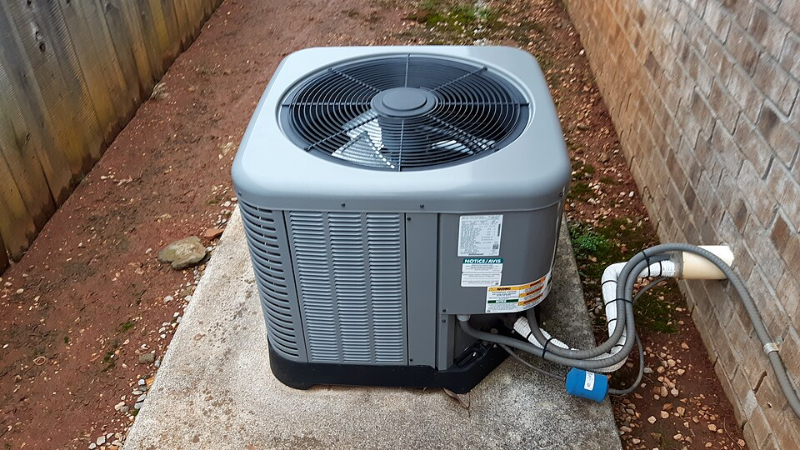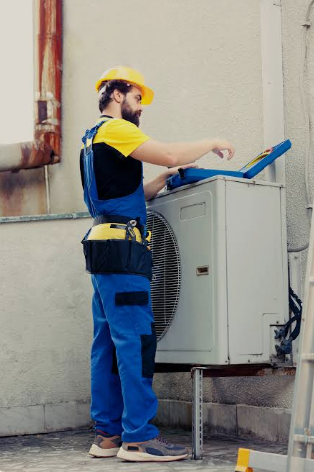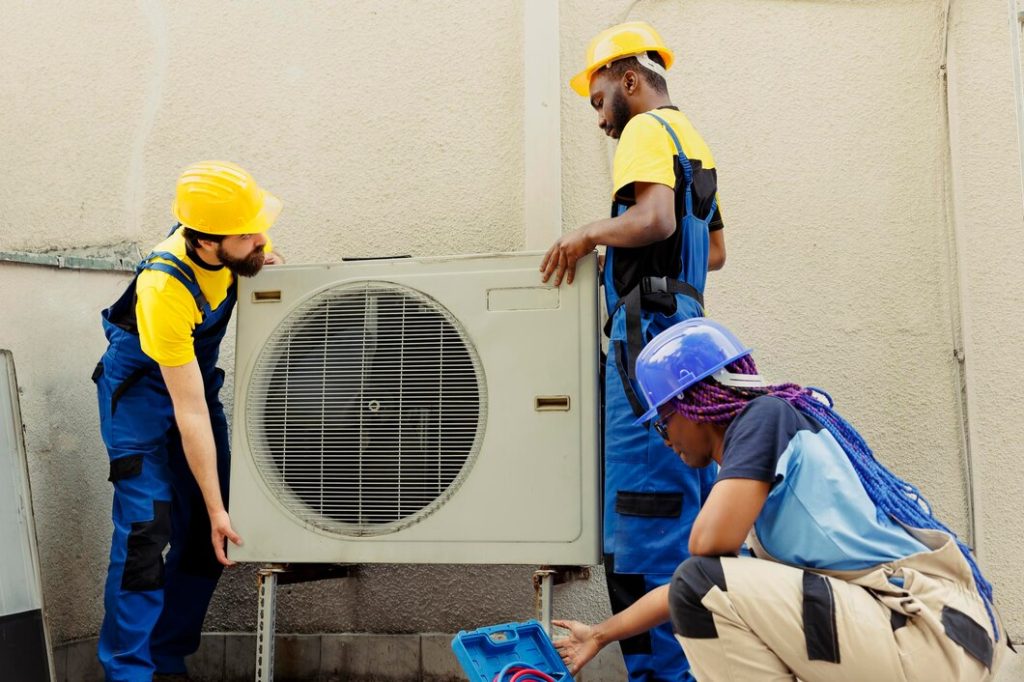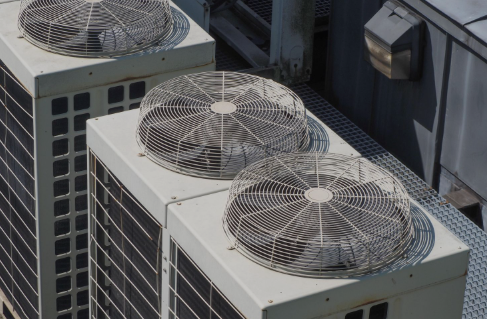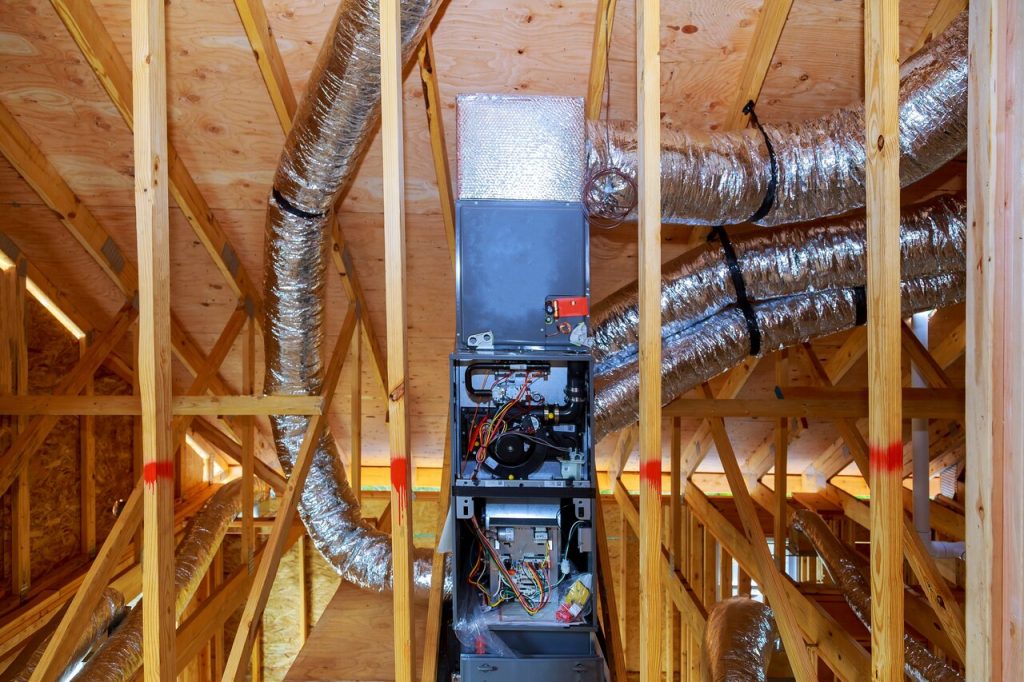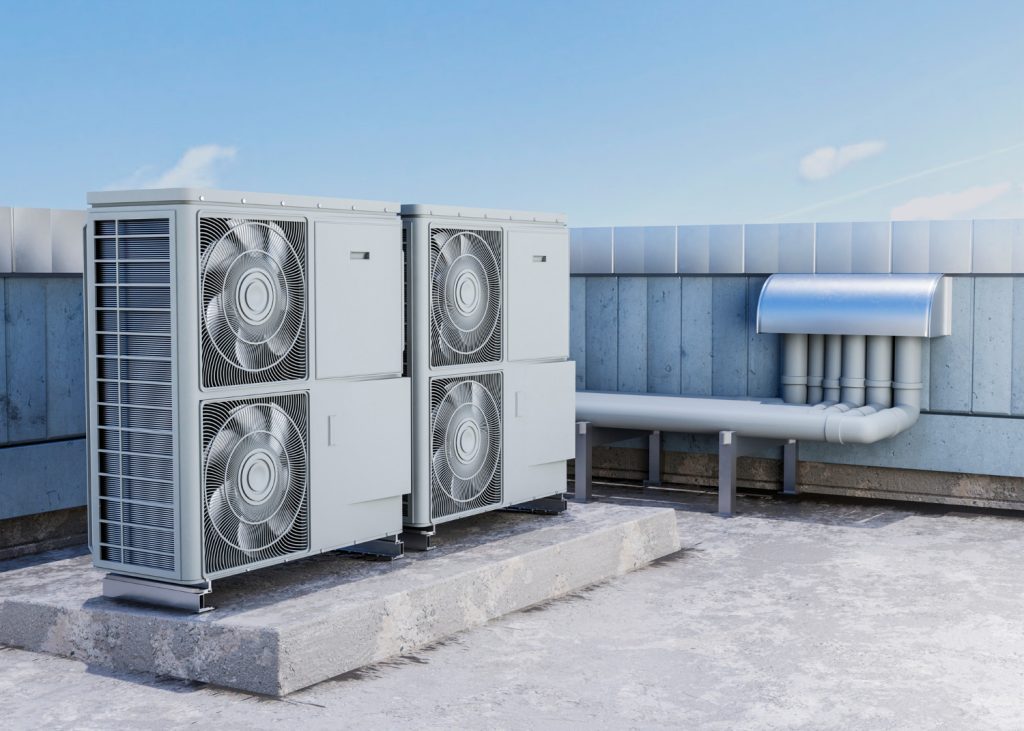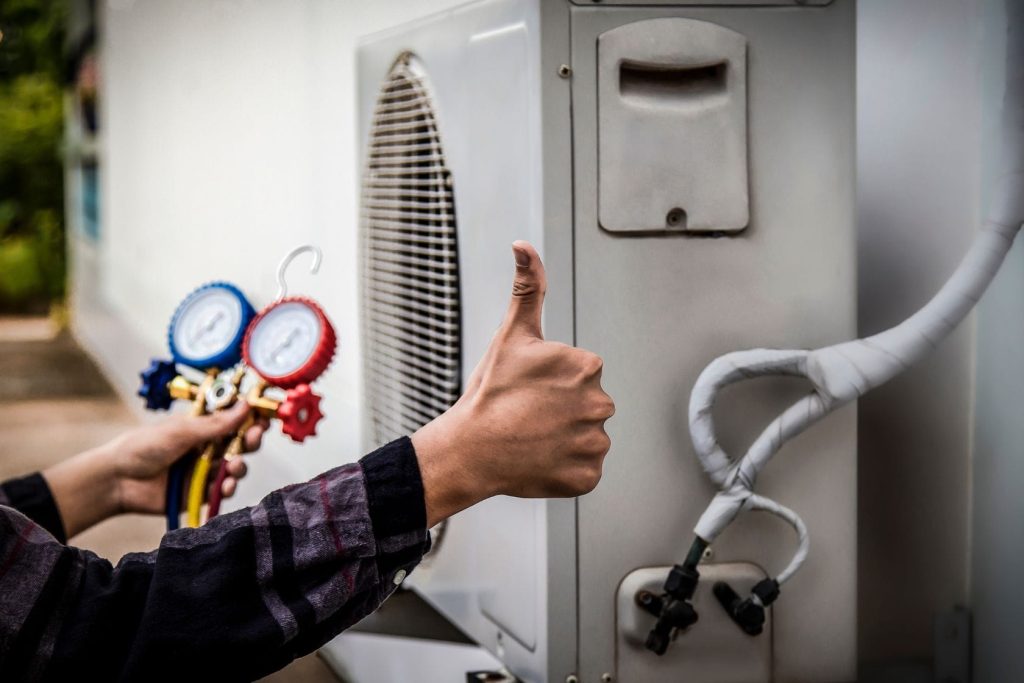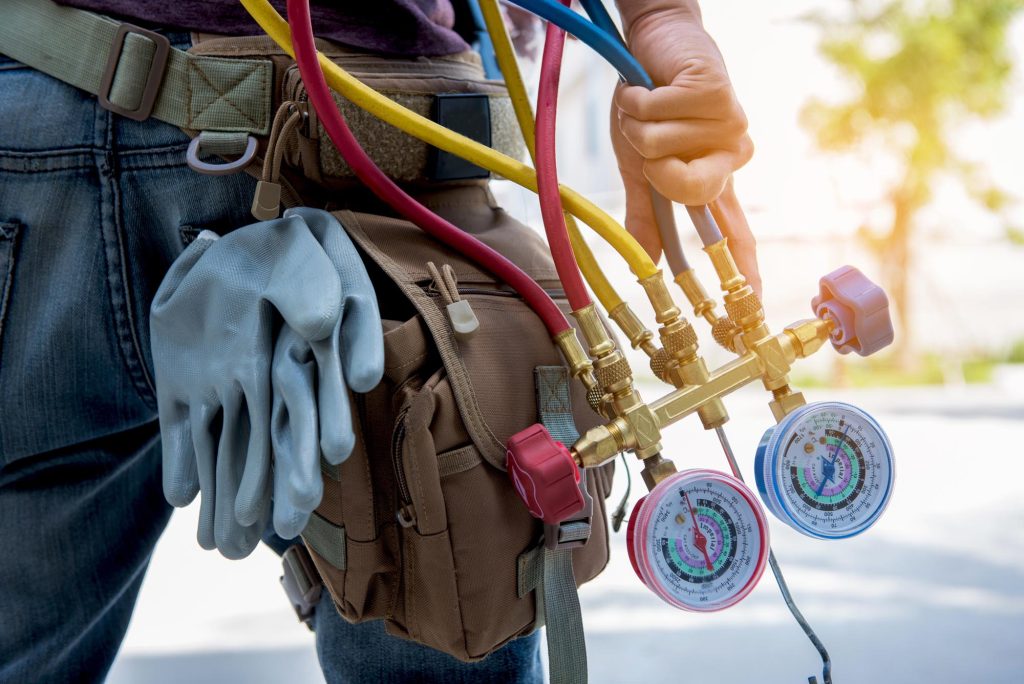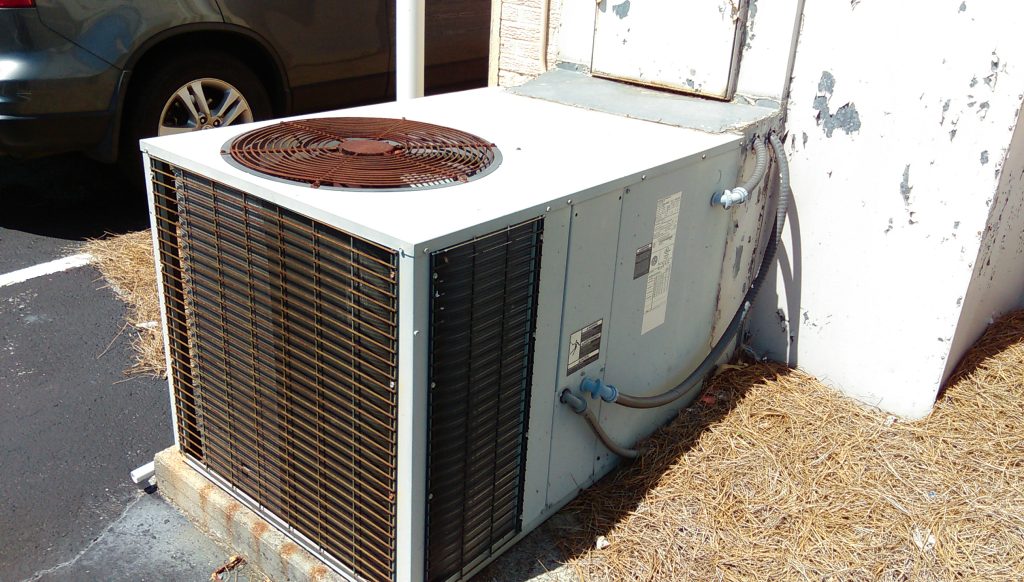Emergency HVAC Repairs: Common Issues That Lead to System Breakdowns When your HVAC system fails, it can turn your home into an uncomfortable space in minutes, especially during extreme weather. Understanding the common issues that lead to emergency repairs can help you recognize warning signs and prevent a total breakdown. Patriot Heating & Cooling specializes in fast, reliable service to get your system running safely and efficiently again. Refrigerant Leaks Low refrigerant levels or leaks reduce cooling efficiency and can cause the system to overheat. Over time, a refrigerant leak can damage the compressor, which is one of the most expensive components to replace. Watch for signs like warm air blowing from vents, ice buildup on lines, or hissing sounds near the unit. Frozen Evaporator Coils When the evaporator coil freezes, airflow is restricted, causing uneven cooling and system strain. Frozen coils are often caused by dirty filters, low refrigerant, or poor airflow. Ignoring the problem can lead to compressor failure or complete system shutdown. Electrical Component Failures Worn-out or damaged wiring, contactors, and capacitors can prevent your HVAC system from starting or cause intermittent operation. Electrical issues are a frequent cause of emergency calls and can be dangerous if left unaddressed. Clogged or Dirty Air Filters Neglecting air filter replacement reduces airflow and forces the system to work harder. Over time, this can trigger overheating, frozen coils, or even motor burnout. Regular filter maintenance is simple but essential for avoiding costly emergency repairs. Malfunctioning Thermostat If the thermostat isn’t reading temperatures correctly or isn’t communicating with the HVAC system, your unit may not turn on, turn off too frequently, or run inefficiently. A faulty thermostat can turn a minor issue into a major emergency if the home temperature becomes unsafe. Drainage Problems Clogged condensate drains can cause water to back up into the system or around the home, potentially damaging components or triggering a shutdown. Signs include water pooling near the unit, dripping from vents, or frequent tripped float switches. Preventive Maintenance Can Prevent Emergencies Many emergency HVAC situations can be avoided with regular maintenance. Annual inspections, cleaning, filter replacements, and system tune-ups help identify potential failures before they become urgent problems. Patriot Heating & Cooling offers scheduled maintenance programs to keep systems reliable year-round. Know When to Call for Help If your system shows any of the above warning signs, don’t wait for a complete failure. Prompt professional service prevents further damage, restores comfort, and can save money in the long run. Patriot Heating & Cooling is ready to provide fast, expert emergency HVAC repairs when you need them most. Read Next:

